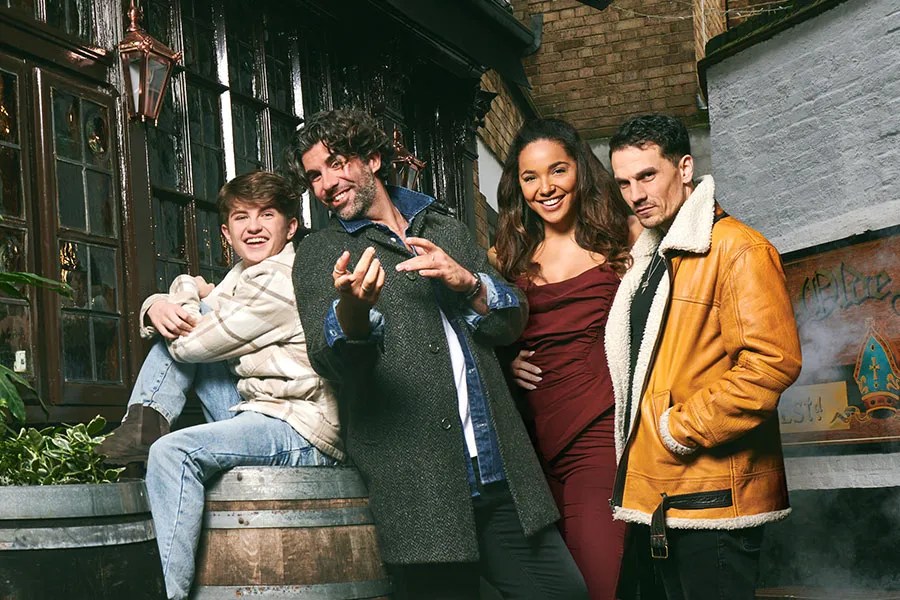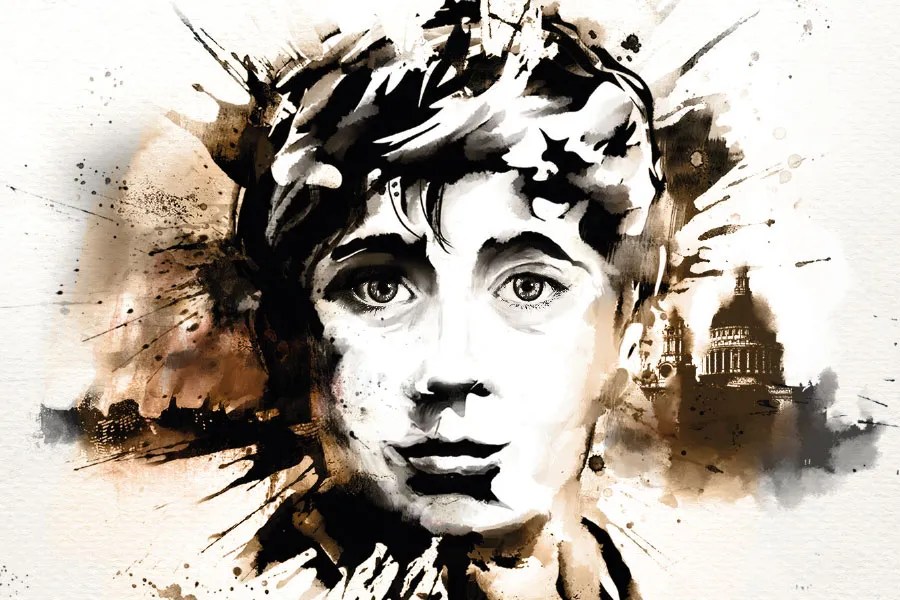Lower Ninth
The Lower Ninth ward of New Orleans was one of the areas worst affected by Hurricane Katrina. This neighbourhood was the setting for an open air Waiting for Godot after the waters went down, and there are echoes of Godot in Beau Willimon’s taut three-hander at Trafalgar Studios, the first production in a new residency by the Donmar Warehouse.
Two stranded African-Americans wait for a rescue that may never come on a rooftop island in the swollen Mississippi, while a third man lies dead next to them.
The fractious interplay between the older Malcolm and his de facto stepson E-Z is full of wise-cracking banter, with dialogue that could have come out of television’s The Wire. “Here we are like them dip- shits in that show, those white folks in the jungle fightin’ over coconuts and shit,” observes E-Z. He means Survivor, not I’m A Celebrity.
Meanwhile the drowned man, a bling-laden drug-dealer who made the mistake of not learning to swim, is decomposing in the scorching sun. “I think Lowboy done shit his pants,” observes E-Z. “Lowboy dead,” replies Malcolm. “Dat ain’t stopped him,” comes the reply.
The Bible-toting Malcolm cannot completely suppress the violent instincts he has sought to bury. But as hope of survival ebbs, the bond between the pair grows. In a scene that is at once gruesome and extraordinarily tender, the older man comes the closest he physically can to suckling the younger one in order to save his life.
The quietly intense Ray Fearon has a warm authority as the would-be paternal Malcolm, and Anthony Welsh is volatile but vulnerable as the skinny E-Z. And in a surprise scene that jolts the drama into a wholly new realm the worldly Lowboy is brought back to sparkling life by a muscular Richie Campbell.
Director Charlotte Westenra achieves a stifling claustrophobia on Ben Stones’ lovingly detailed rooftop set, with the waters swirling just audibly in the background. Blending humour and pathos, this a lively, elegantly judged piece that eschews the more obvious political soapboxing in favour of its characters’ humanity.
The only transatlantic jar is the fixation with religion that seems to obsess modern American dramatists. British audiences may be less gripped than the author by the question of whether God is likely to intervene.
– Simon Edge










